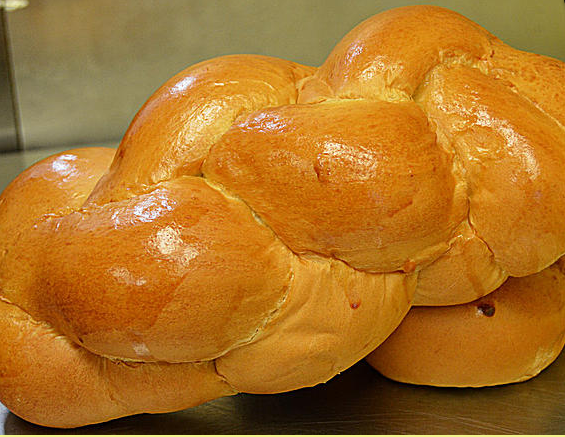What do we know about High Quality Knives Are the Foundation of the Kitchen at Kosher Bread Pro ? We know it’s a hot topic for Kosher Baking.
About High Quality Knives Are the Foundation of the Kitchen
A good set of knives is the foundation for any serious kitchen. It is simply not possible to be a serious cook, to produce superior meals that will impress and delight your friends, without a set of kitchen knives that work with you, not against you. If you use ill-suited knives, or just poor quality knives, you are only making things harder for you in the kitchen. If you are an aspiring cook, or an accomplished cook who is just simply tired of making things more difficult than they need to be, this article will help you put together a set of quality kitchen knives.
Your First Kitchen Knives: The Basics
The single most important knife in your kitchen, and the starting point for any collection, is the Chef’s knife, sometimes known as the Cook’s knife. As the name suggests, this is your general all-purpose knife, able to do everything from mincing to chopping to slicing and to dicing. The Chef’s knife has a gently slopping blade and is usually around 8 inches long. The next knife you should invest in is the little brother to the Chef’s knife, the paring knife. The paring knife is basically just a smaller version of the Chef’s knife. The paring knife is designed for more detailed or intricate jobs than the Chef’s knife. A paring knife usually measures around 4 inches long or shorter. The third knife you should purchase to complete your basic set of kitchen knives is a bread knife. The bread knife should ideally be about the same size as your Chef’s knife, but instead of a straight blade, the bread knife will have a serrated edge. A knife with a serrated edge resembles a saw blade, with the blade having a series of u-shaped cuts into it. The bread knife is obviously great for slicing bread. It is also useful however, for cutting food that would be squashed from the pressure of a straight blade.
After you have established your basic collection, the possible additions to your collection are endless. You could buy a myriad of larger knives such as cleavers (large rectangular knives designed for cutting through bones and joints) or smaller knives such as tomato knives, utility knives or even grapefruit knives.
Caring For Your Knives
Even if you have purchased only moderately priced knives, you should be interested in learning how to preserve your investment. Knives will become dull over time as they are used. Fortunately, you can take a number of easy steps to help prolong the life of your blades. The most important step is to never put your knives in the dishwasher; you kitchen knives should always be washed by hand with a mild detergent and then hand dried. The second step is to always use a cutting board; other surfaces can damage your knife blade. The third step is to have your blades sharpened by a professional. And finally, do not keep your knives in a draw with all your other junk – the knives should be keep out of contact with any other metal in a knife block.
Steve Dolan, amateur chef, loves to cook and entertain. He just keeps expanding his collection of quality kitchen knives. Find out all about Knives at Knives | Chef’s Knife. Find the perfect wine to accompany your meal at Wine and Fine Wine.
Source: www.articlecube.com

